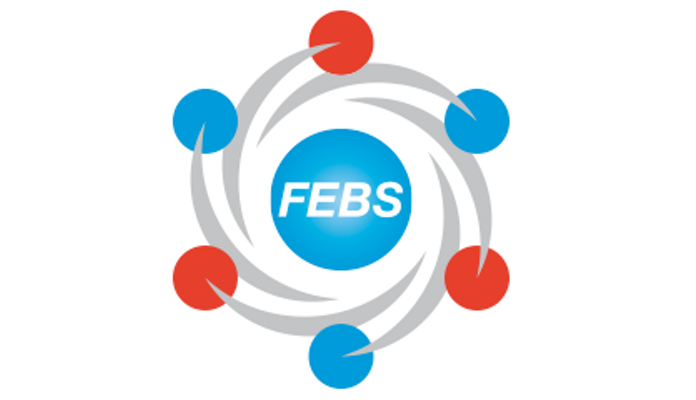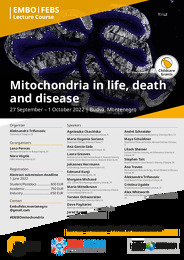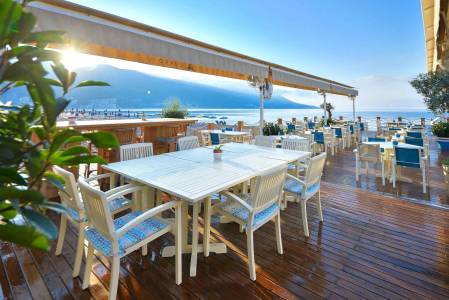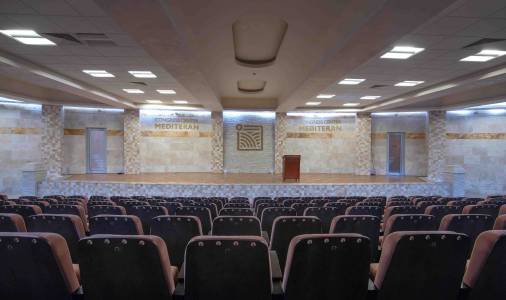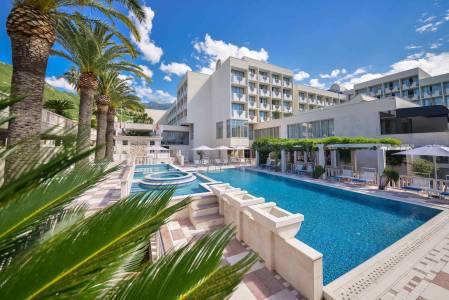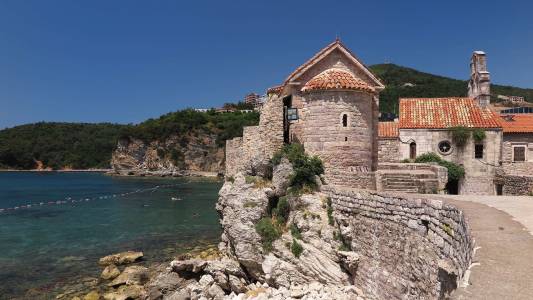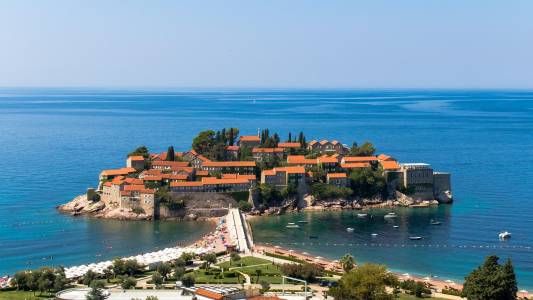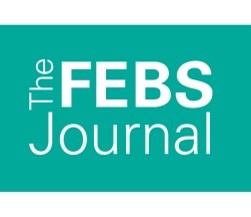About the EMBO-FEBS Lecture Course
The history of mitochondria begins with their recognition as distinct cellular organelles in 1888 by Walther Flemming and the introduction of the term mitochondrion from the Greek roots meaning ‘thread’ and ‘grain’ by Richard Altman and Karl Benda. This EMBO | FEBS Lecture Course highlights advances in our understanding of the essential roles we now appreciate mitochondria to play in our cells:
Mitochondria display an immense diversity in form and function, particularly in the strategies these organelles employ to overcome the challenge of coordinating the translation of mtDNA encoded proteins with nuclear encoded proteins. Beyond their role as powerhouses that generate ATP, mitochondria are metabolic signalling hubs that generate a diversity of anabolic precursors and signalling metabolites and thus profoundly impact different cellular processes ranging from cellular growth to tumorigenesis. To do so, mitochondria work as a communicative reticulum in which they rapidly change size and shape in response to cellular signals, as well as to send signals to the rest of the cell. Last but not certainly least in this new era of mitochondrial biology is the emerging role of mitochondria as important players during microbial infection, cellular orchestrators of innate immune responses, and reservoirs of a multitude of inflammatory signals.
This EMBO | FEBS Lecture Course will be organized in the following four sessions:
- Mitochondrial Import and Biogenesis
- Mitochondria in Metabolic Signalling and Control of Metabolism
- Mitochondrial dynamics and quality control
- Mitochondria in Infection, Immunity and Inflammation
Young students and postdocs will have many ample opportunities to meet and discuss their work with a diverse audience in an informal context, during ‘meet the PI’ sessions, informal round table discussions and poster presentations.
FEBS Letters is currently also editing a virtual issue on mitochondrial biology:

Submit your work to FEBS Letters!
Your paper will be featured in our Virtual Issue on Mitochondrial Biology.
For cutting-edge Reviews, see the FEBS Letters Special Issue Molecular bases of mitochondrial disorders.
About EMBO Courses and Workshops
EMBO Courses and Workshops are selected for their excellent scientific quality and timelines, provision of good networking activities for all participants and speaker gender diversity (at least 40% of speakers must be from the underrepresented gender).
Organisers are encouraged to implement measures to make the meeting environmentally more sustainable.
About FEBS and the FEBS Advanced Courses programme
As a grass-roots organization FEBS provides a voice to a large part of the academic research and teaching community in Europe and beyond. The FEBS Advanced Courses programme provides grants to expert scientists to organize courses that bring together researchers working in a similar research area, for training, updates, and networking. FEBS collaborates with EMBO, and other organizations, to co-fund some of these courses. You can learn more about FEBS here.


